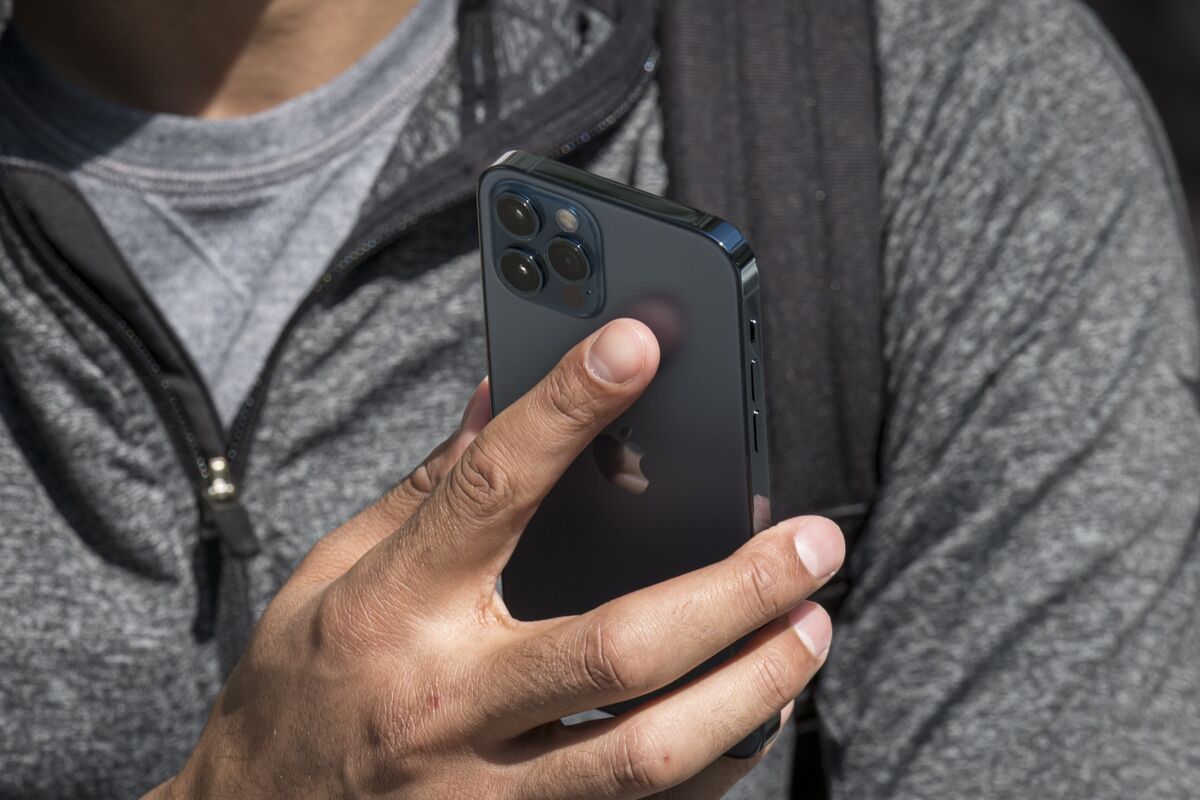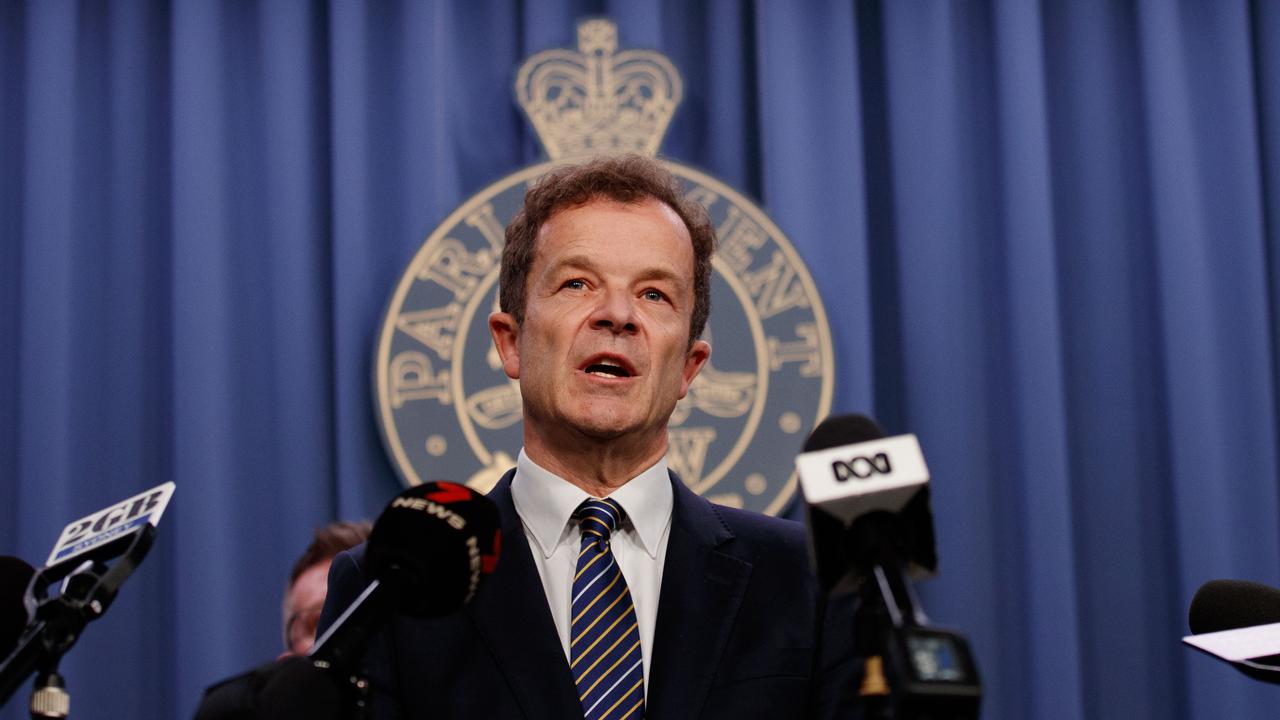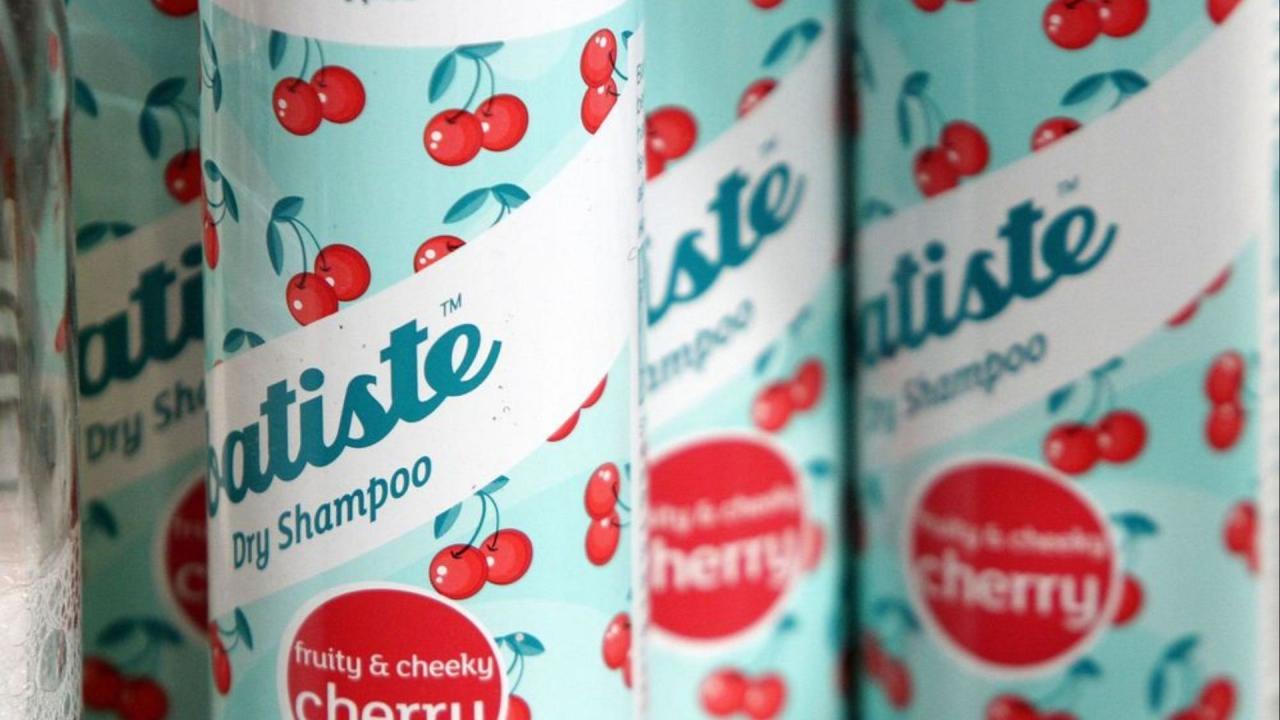Apple to pay $95M to settle lawsuit accusing Siri of eavesdropping – that’s a headline that grabbed everyone’s attention! This massive settlement stems from a class-action lawsuit alleging that Apple’s virtual assistant, Siri, secretly recorded and stored users’ private conversations without their knowledge or consent. The case highlights the growing concerns surrounding data privacy in the age of smart assistants and raises questions about the balance between technological advancement and user rights.
Apple’s $95 million settlement over Siri’s alleged eavesdropping highlights privacy concerns with voice assistants. Choosing a reliable AI voice generator for your e-learning projects is crucial, so check out this guide on how to choose the best AI voice generator for e-learning to avoid similar issues. Ultimately, responsible AI development means prioritizing user privacy, a lesson Apple learned the hard way.
The lawsuit detailed numerous instances where Siri allegedly activated and recorded conversations even when users weren’t explicitly engaging it. Plaintiffs argued this violated their privacy rights, citing specific examples of sensitive information being inadvertently captured and potentially misused. Apple, while denying any intentional wrongdoing, ultimately opted for a substantial settlement to avoid a potentially lengthy and costly trial. This decision has far-reaching implications for the tech industry, influencing how companies approach data security and user privacy in the development of future AI-powered technologies.
Apple’s $95 Million Siri Eavesdropping Settlement

Apple recently agreed to pay $95 million to settle a class-action lawsuit alleging that its virtual assistant, Siri, secretly recorded and transmitted users’ private conversations. This settlement brings to a close a significant legal battle that raised serious questions about the privacy implications of voice assistant technology and the responsibilities of tech companies in protecting user data. This article delves into the details of the lawsuit, Apple’s response, and the broader implications for consumer privacy and the future of voice assistants.
So Apple’s forking over $95 million because Siri was apparently a bit of a gossip, listening in when it shouldn’t have. It’s a hefty price tag, but hey, at least it’s not as salty as this recall: check out this important notice about Sea and Himalayan salts recalled in Canada: ‘Do not use, serve or’ before you season anything! Anyway, back to Apple – hopefully this settles the whole privacy kerfuffle.
The Lawsuit’s Allegations, Apple to pay M to settle lawsuit accusing Siri of eavesdropping
The lawsuit, filed in 2019, accused Apple of violating users’ privacy by secretly recording and storing their conversations with Siri, even when the users hadn’t explicitly initiated a recording. Plaintiffs claimed that Siri’s “always-listening” feature, designed to activate upon hearing the “Hey Siri” wake word, often triggered unintentionally, leading to the unintended capture and storage of sensitive personal information.
The legal arguments centered on the alleged violation of wiretap laws and state privacy statutes. Plaintiffs presented evidence including anecdotal accounts of Siri seemingly activating unexpectedly and capturing private conversations, along with expert testimony on the potential for unintended activations and the volume of data collected.
| Claim | Supporting Evidence (Plaintiffs) | Apple’s Response | Outcome |
|---|---|---|---|
| Siri activated unintentionally, recording private conversations. | Anecdotal user accounts, expert testimony on unintentional activation frequency. | Denied widespread unauthorized recordings, claimed activations were triggered by the “Hey Siri” command. | Settled; Apple did not admit wrongdoing. |
| Apple failed to adequately inform users about the extent of data collection. | Analysis of Siri’s privacy policy and user interface, highlighting alleged lack of transparency. | Argued that privacy policies were clear and comprehensive. | Settled; Apple did not admit wrongdoing. |
| Stored data was vulnerable to unauthorized access. | Expert testimony regarding potential security vulnerabilities. | Denied vulnerabilities and claimed robust security measures were in place. | Settled; Apple did not admit wrongdoing. |
Apple’s Response and Settlement

Apple officially denied the allegations, maintaining that Siri only records conversations when explicitly invoked by the user. However, the company likely opted for a settlement to avoid the costs and potential negative publicity associated with a lengthy trial. The $95 million settlement represents a significant financial commitment, indicating the potential risk Apple faced. While the settlement doesn’t constitute an admission of guilt, it sets a precedent regarding the potential legal liabilities associated with always-listening voice assistant technology.
Siri’s Privacy Practices
Siri’s functionality relies on collecting and processing voice data to understand user requests and provide responses. This involves analyzing the audio input, converting it into text, and then using algorithms to determine the user’s intent. Apple employs various security measures, such as encryption and anonymization techniques, to protect user data. However, the exact details of these measures are not fully transparent to the average user.
- Apple’s Siri: Employs differential privacy techniques, but the level of protection remains debated.
- Google Assistant: Offers granular control over data sharing, but data is still collected and used for personalization.
- Amazon Alexa: Provides options for deleting voice recordings, but data is still used for product improvement.
Impact on Consumer Trust and Future Implications
The lawsuit and settlement could erode consumer trust in Apple products, particularly concerning data privacy. It may also influence the development of future voice assistant technologies, prompting companies to prioritize privacy by design. This case is likely to contribute to stricter privacy regulations concerning voice assistants in the coming years, mirroring the increasing regulatory scrutiny surrounding data privacy in the tech industry.
For example, the California Consumer Privacy Act (CCPA) and the European Union’s General Data Protection Regulation (GDPR) are already impacting how tech companies handle user data.
A hypothetical public relations campaign for Apple could focus on increased transparency regarding data collection practices, improved user control over data, and a renewed emphasis on data security. This could involve clearer privacy policies, more user-friendly controls within the Siri settings, and proactive communication about Apple’s commitment to user privacy.
Technical Aspects of Voice Recognition and Privacy

Voice recognition systems function by converting audio signals into digital representations, which are then processed by algorithms to identify words and phrases. This involves significant data processing and storage, raising privacy concerns. Balancing the benefits of voice assistants with user privacy requires careful consideration of data minimization, anonymization techniques, and robust security measures. Different approaches, such as federated learning and homomorphic encryption, offer potential solutions for enhancing privacy without compromising functionality.
However, these methods also have limitations and are not without their own challenges.
Voice recognition systems are vulnerable to various attacks, including spoofing (mimicking a user’s voice to gain unauthorized access) and data breaches (compromising stored voice data). Sophisticated attackers could potentially exploit vulnerabilities in the system’s software or hardware to gain access to sensitive information. The complexity of these systems, combined with the vast amount of data they process, makes ensuring complete security a significant ongoing challenge for developers.
Ending Remarks: Apple To Pay M To Settle Lawsuit Accusing Siri Of Eavesdropping

The $95 million settlement in the Siri eavesdropping lawsuit marks a significant turning point in the ongoing conversation about privacy and voice assistants. While Apple maintains its innocence, the settlement sends a clear message: data security and user privacy are paramount. The legal precedents set by this case will undoubtedly shape future developments in the field, influencing how companies design, deploy, and regulate their voice assistant technologies.
It’s a reminder that as technology advances, so must our vigilance in protecting personal information. The future of voice assistants depends on striking a delicate balance between innovation and responsible data handling.
So, Apple’s forking over $95 million to settle that Siri eavesdropping lawsuit – talk about a hefty price tag for accidentally listening in! It makes you wonder about the privacy implications of all our tech, especially considering how even Real Madrid managed a win against Valencia Real Madrid Secures Victory With Ten Men Against Valencia , despite being down a player; that’s some serious resilience.
Anyway, back to Apple – let’s hope this settlement means better privacy protections moving forward.
Questions and Answers
What specific types of data did Siri allegedly collect?
The lawsuit alleged Siri collected a range of data, including conversations, location data, and potentially sensitive personal information.
How did Apple respond to the allegations before settling?
Apple initially denied any intentional wrongdoing, claiming Siri only records data when explicitly activated. However, they likely settled to avoid the cost and potential negative publicity of a trial.
Will this settlement impact the development of other voice assistants?
It’s likely to increase scrutiny and encourage other companies to prioritize user privacy and data security in the design and development of their voice assistants.
What changes has Apple made to Siri’s privacy settings since the lawsuit?
While the specifics aren’t publicly available, the settlement likely spurred internal changes to improve data security and transparency around Siri’s data collection practices.
